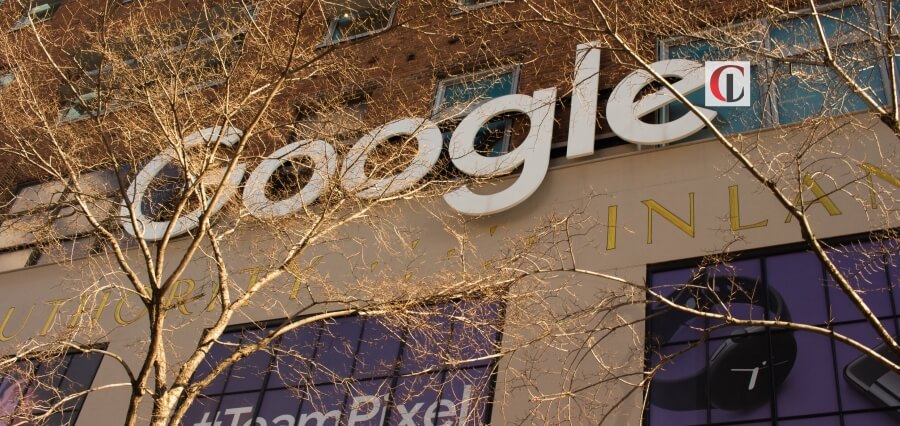The antitrust trial against Google, initiated by the Department of Justice and a coalition of state attorneys general, began with opening arguments in Washington, D.C. The government’s case alleges that Google has maintained a monopoly in the general search market through anti-competitive practices. They argue that Google has created significant barriers to entry and established a feedback loop that reinforces its dominance.
The government claims that Google’s share of the general search market exceeds 89%, and there are no substitutes for general search. They argue that Google pays billions to ensure its search engine is the default on internet browsers and phones, making it harder for competitors to gain market share. The government also alleges that Google has sought to limit Apple’s ability to design products that could compete with Google.
Google’s defense rests on the argument that its popularity with consumers has led browser makers and phone manufacturers to choose it as the default search engine. The company contends that competition in the search market is robust, and it has not engaged in anti-competitive behavior.
The trial will feature testimony from key figures, including Google CEO Sundar Pichai, Apple’s senior vice president of services Eddy Cue, Mozilla CEO Mitchell Baker, and others. The government will present its case over the next four weeks, followed by the coalition of state attorneys general and then Google.
The outcome of this trial could have significant implications for Google’s business practices and the broader tech industry. It remains to be seen how the court will ultimately decide on the allegations of anti-competitive behavior and whether Google’s dominance in the search market will be challenged.





